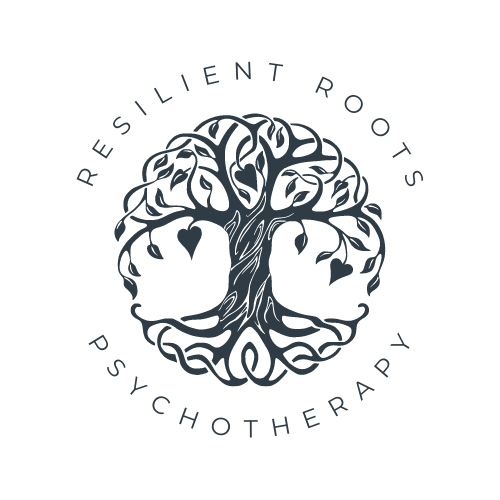Why Does Making Decisions Give me Anxiety?
When it comes to decision-making, anxiety can present many challenges. Whether it’s a decision big or small, like buying a house or figuring out what to eat for lunch, being indecisive can negatively affect your mental health. So what causes this? Read on to learn more about the relationship between anxiety and decision-making and strategies you can use to start making decisions today.
What causes indecisiveness?
You’re a people-pleaser.
People-pleasing is a form of self-sacrifice. When you're people-pleasing, you put other people's needs before your own.
Some examples of harmful forms of people-pleasing include:
Giving up on a goal because others don't support it or expect it from you.
Making decisions that aren't in your best interest because they benefit others more than they do yourself.
Avoiding confrontation with someone because you fear it will upset them.
When others’ needs, wants, and opinions are more important than your own, you may find yourself going through life without ever taking a stand on anything—especially when it comes to making decisions. When your gut instinct repeatedly tells you to make a decision based on your own needs, but other people disagree with that decision, you may feel like you are in an emotional tug-of-war with no clear resolution.
There is a misconception that choosing to be happy is selfish and counterintuitive to the benefit of others. In reality, choosing to focus on yourself does not mean that you cannot still be selfless or make choices based on the best interest of others. Ultimately, you are the only one who knows what’s best for your life.
You Fear Making the Wrong Decision.
Raise your hand if you can relate to this statement: “I don’t want to make the wrong decision.”
We live in a culture where we are inundated with choice.
You can choose to listen to music in the morning or not listen to music.
You can decide whether you want cereal for breakfast or eggs and toast.
You can choose to go out for lunch with friends today and tomorrow or not go out for lunch at all.
How do you know which option is the right one? And what happens if you make a choice that you later determine was the wrong one and you have to suffer the consequences of it?
Even if each option may seem straightforward on its own, the pressure to make the "correct" choice and the seemingly never-ending stream of choices can be exhausting.
Uncertainty Makes you Anxious.
When you’re feeling anxious, or even when you’re feeling uncertain about a decision, it can be difficult to plan for what you want to do next. That uncertainty might cause you to feel paralyzed and unable to act at all.
This happens because our brains are wired for survival, so when we feel uncertain about something (or anything) it feels like a threat to our survival and therefore causes us stress, which triggers our fight-or-flight response (adrenaline). This can make us more likely to avoid situations where there are sources of uncertainty than those without them because avoiding things makes us feel safer than confronting them in these circumstances. But avoiding those situations also prevents us from learning how they work out in real-life experiences, which means that we don't get any better at dealing with uncertainty later on down the road either.
Anxiety affects our ability to make decisions, but there are tools for dealing with these challenges so that we can figure out what we want and move forward with confidence and clarity.
Here are some helpful tips for making decisions:
Recognize that there is no such thing as "perfect," so don't try to achieve that unattainable goal. Instead, focus on continuing to improve yourself through each step of your decision process.
Make a pros/cons list. Take some time to weigh your options before making a commitment.
Get support from people you trust who can offer you another perspective on the decision you’re struggling with (just be mindful that you make the choice that is best for you - not the choice they may think is best.)
Be patient with yourself. You don't have to decide on everything immediately. If you need to put off making the decision for a bit, that's okay!
Remember that fear isn't always rational; sometimes our fears prevent us from doing things we want or need because they're too overwhelming without any real justification behind them at all. Fearing the worst-case scenario doesn’t make that scenario inevitable.
Lean into uncertainty. You can never know exactly what the outcome of any situation will be. One thing is for sure though: out of everything that has ever made you anxious in your life - good or bad, you have always figured out a way through it.
If you're paralyzed by anxiety, know you're not alone. We all have moments when we feel unable to make decisions. If you’re ready to overcome the fear of making decisions and work toward regaining control over your day-to-day life, contact me today to schedule your first therapy session.

